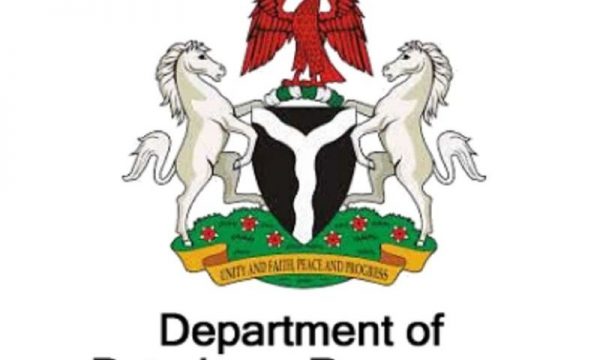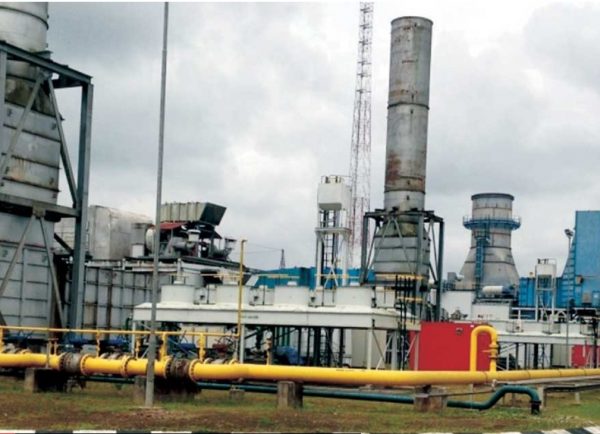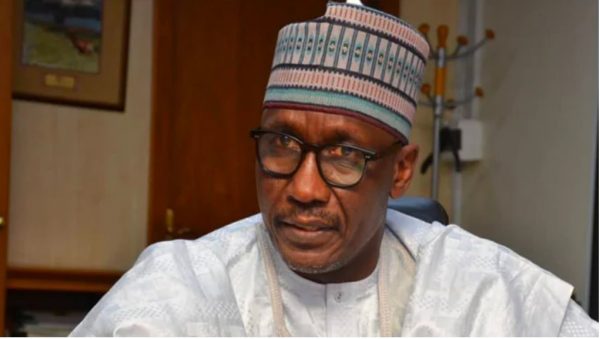DisCos explain continuous poor power supply
 Despite efforts to expand electricity transmission lines, and improve supply to end-users, power distribution companies (DisCos) have said the plans may fail if the sector is not properly aligned.
Despite efforts to expand electricity transmission lines, and improve supply to end-users, power distribution companies (DisCos) have said the plans may fail if the sector is not properly aligned.
The DisCos claimed the sector needs effective coordination and the alignment of all segments being executed by the Transmission Company of Nigeria (TCN), and the Generation Companies (GenCos).
Recall that the Minister of Power, Sale Mamman, had earlier noted that lack of synergy in the sector was affecting results in the industry, stressing that if properly aligned the sector should achieve 7,000MW national grid distribution capacity through the first phase of the Siemens deal.
Similarly, the Chairman of the Senate Committee on Power, Senator Gabriel Suswam, reiterated the call for the coordination of the TCN, GenCos and the DisCos, who are the value chains of the Nigerian Electricity Supply Industry (NESI).
Executive Director, Research and Advocacy, Association of Nigerian Electricity Distributors (ANED), Sunday Oduntan, said such a move would help the country attain electricity supply goals.
Oduntan said currently, the lack of coordination in the power sector has hampered efforts of the sector towards improving power supply to Nigerians.
Coming on the backdrop of the just-concluded Public Hearing by the Senate Committee on Power, the DisCos noted cases where they are not carried along in the transmission expansion project of TCN even when they are the ones relating directly with electricity consumers, and know where they require power supply the most.
“TCN is building a series of transmission facilities, but they are not in good proximity to the load distribution centres of the DisCos. The farther the transmission facility is to the load distribution centre, the higher the losses, the more the bill for the consumer.
“This is a concern for us and we want the federal Government to intervene and ensure that there is coordination of the expansion project. This will be of more impact to the Nigerian electricity consumer,” Oduntan said.







